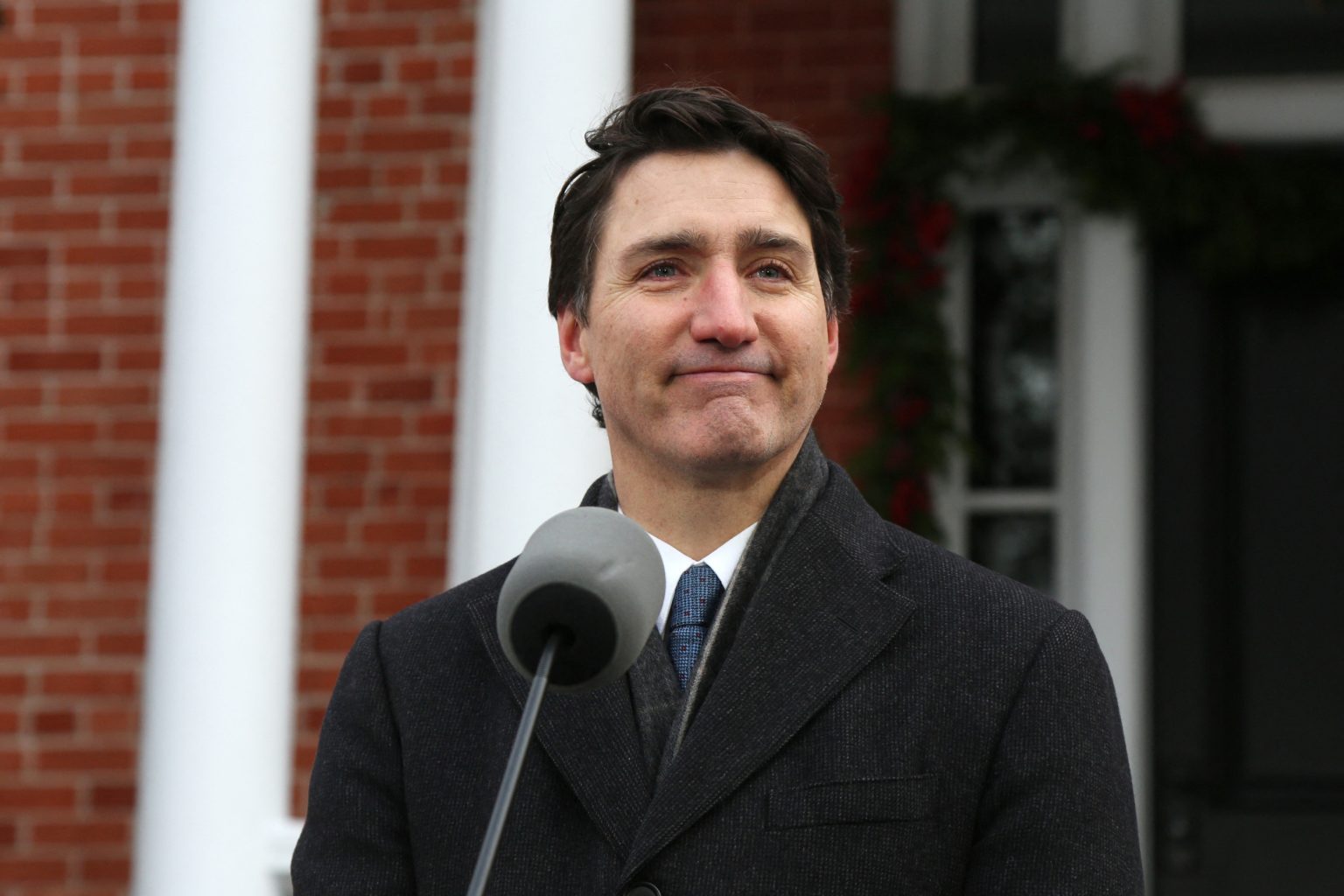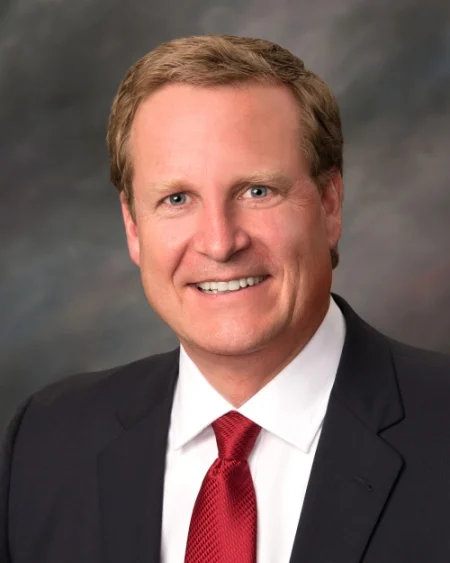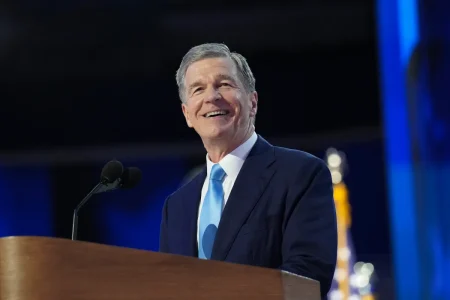The Unexpected Resignation and its Potential Impact on Canada’s Political Landscape
Justin Trudeau’s sudden resignation as Prime Minister of Canada has created a seismic shift in the country’s political landscape, leaving a void in leadership and raising questions about the future direction of several key policy areas, most notably immigration. While experts believe the immediate impact on immigration policy will be minimal, the long-term consequences remain uncertain, particularly considering the looming presence of a returning Donald Trump administration in the United States and its potential influence on Canada’s border policies. Trudeau’s departure unfolds against a backdrop of evolving public opinion on immigration, economic anxieties, and escalating pressure from the south. The confluence of these factors creates a complex and potentially volatile political environment for Canada as it navigates the post-Trudeau era.
The Nexus of Domestic and International Pressures Leading to Trudeau’s Departure
Trudeau cited "internal battles" within the Liberal Party as the primary reason for his resignation, acknowledging the difficulty of leading a divided party while facing a challenging re-election bid. His popularity had been waning, and polls suggested a difficult path to victory against a resurgent Conservative Party. This internal struggle unfolded against a backdrop of increasing public skepticism regarding the benefits of immigration, a sentiment likely exacerbated by economic pressures such as housing shortages and a high cost of living. Simultaneously, the return of Donald Trump to the US presidency casts a long shadow over Canada’s political calculations. Trump’s previous threats of tariffs on Canadian goods, linked to immigration and border security concerns, loom large, adding another layer of complexity to the situation. This combination of domestic and international pressures appears to have contributed to Trudeau’s decision to step down.
The Uncertain Future of Canadian Immigration Policy in a Post-Trudeau Era
While immediate changes to immigration policy are unlikely, the long-term trajectory remains unclear. The upcoming federal election, scheduled for October, could bring a Conservative government to power, potentially leading to a more restrictive immigration approach. Regardless of which party takes the helm, experts predict that the next government will likely adopt a tougher stance on immigration, partly to appease the anticipated demands of the Trump administration. This shift could manifest in stricter enforcement measures at the Canada-US border, potentially impacting both legal and illegal immigration flows. The long-standing consensus in Canada regarding the benefits of immigration appears to be fracturing, creating an opening for more restrictive policies to gain traction.
The Looming Shadow of the Trump Administration and its Influence on Canadian Policy
The return of Donald Trump to the US presidency presents a significant challenge for Canada, particularly concerning border security and immigration. Trump’s previous threats of tariffs, coupled with his hardline stance on immigration, suggest a potential for renewed pressure on Canada to tighten its border controls and potentially limit immigration flows. This external pressure could significantly influence the policy choices of the next Canadian government, regardless of its political affiliation. The two countries share the longest international border in the world, and managing this border effectively requires cooperation and coordination. However, Trump’s unpredictable nature and his previous actions suggest that maintaining a stable and productive relationship will be a complex undertaking for Canada.
The Challenge of Balancing Domestic Needs with International Pressures
Canada faces a complex balancing act in navigating the post-Trudeau era. The country must reconcile its domestic needs, including addressing economic anxieties and evolving public opinion on immigration, with the external pressures stemming from the Trump administration’s policies. Finding a middle ground that satisfies both domestic and international stakeholders will require careful political maneuvering and a nuanced approach to immigration policy. The long-standing Canadian tradition of welcoming immigrants could face significant challenges in this new political environment.
The Uncertain Path Ahead for Canada in a Shifting Political Landscape
The resignation of Justin Trudeau marks a pivotal moment in Canadian politics. The upcoming election will determine the direction of the country, particularly concerning its immigration policies. The potential for a more conservative government, coupled with the return of Donald Trump in the US, suggests a shift towards stricter border controls and potentially reduced immigration flows. Canada’s ability to navigate these challenges and maintain its identity as a welcoming and inclusive nation will be a defining test in the coming years. The political landscape has shifted, and the future of Canadian immigration policy hangs in the balance.














